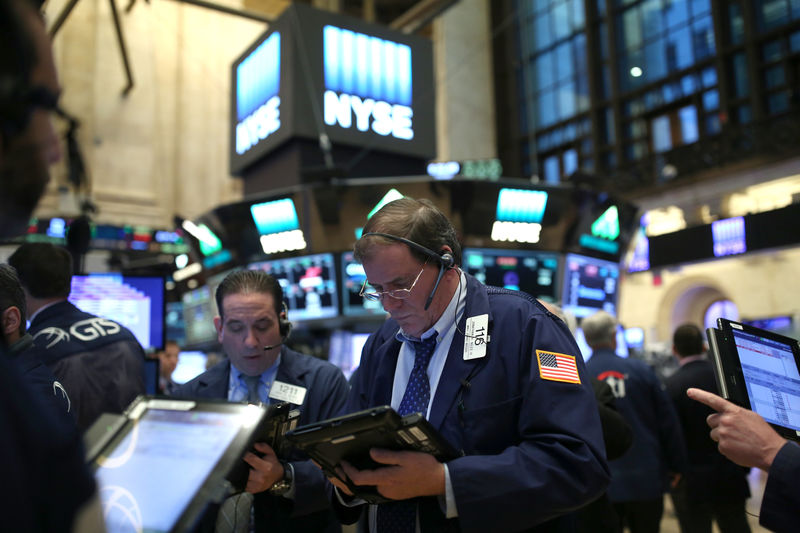By Lewis Krauskopf and Chuck Mikolajczak
NEW YORK (Reuters) - As he is sworn in as the 45th U.S. president on Friday, Donald Trump will mark one of the best performances for the American stock market for any presidential transition period of the modern era.
But the market's 5.8 percent rise since his Nov. 8 election may not portend much for stocks once the Republican takes office. For guidance, investors need only recall the oscillations under the outgoing administration.
Democratic President Barack Obama's transition period, which came amid the throes of the 2008 financial crisis, also overlapped a 15.5 percent fall for the S&P 500 from his election to the day of his inauguration. That swoon - which was as much as 25.2 percent at one point - is by far the worst performance for U.S. equities during a presidential transition.
Since then, Obama has presided over the second-best run for the stock market under any president since Republican Dwight Eisenhower, with the benchmark S&P rising nearly 170 percent while he was U.S. leader from 1953 to 1960.
Democratic President John Kennedy, meanwhile, had the best transition period for stocks, which rose 8.5 percent between his November 1960 election and January 1961 inauguration. After that, the market rose a paltry 19.8 percent during his administration, which was cut short by his assassination on Nov. 22, 1963.
"People put a lot of weight into what they said on the campaign trail, as if they are going to get these things through exactly as they said or even propose them exactly as they said," said JJ Kinahan, chief market strategist at TD Ameritrade in Chicago.
"The reality of the office is people forget it is politics – politics is all about making a deal."
Stocks tend to rise regardless of which party holds power. Two exceptions were both Republicans: Stocks fell 20.1 percent under Richard Nixon and 36.7 percent under George W. Bush.
Bush had the most days with the stock market trading below where it closed on his inauguration day: 1,608 days, or almost 80 percent of his presidency.
Democratic President Lyndon Johnson's tenure tells a rosier story for equities investors. The stock market traded higher than it closed on Johnson's 1963 inauguration for every day he was in office, 1,346 days in all.
The market's best performance during a president since the Eisenhower administration came under Democrat Bill Clinton, with stocks soaring nearly 210 percent.
Action in the options market on Wednesday indicated investors were exercising caution ahead of Trump's inauguration, with a massive trade in SPDR S&P 500 ETF Trust (AX:SPY) puts.
Presidents "only have so much power, and if (Trump) can’t get Congress, even though it is all one party, if they can’t agree on what it is they want to push through, it is going to be very, very difficult," said Kinahan.
